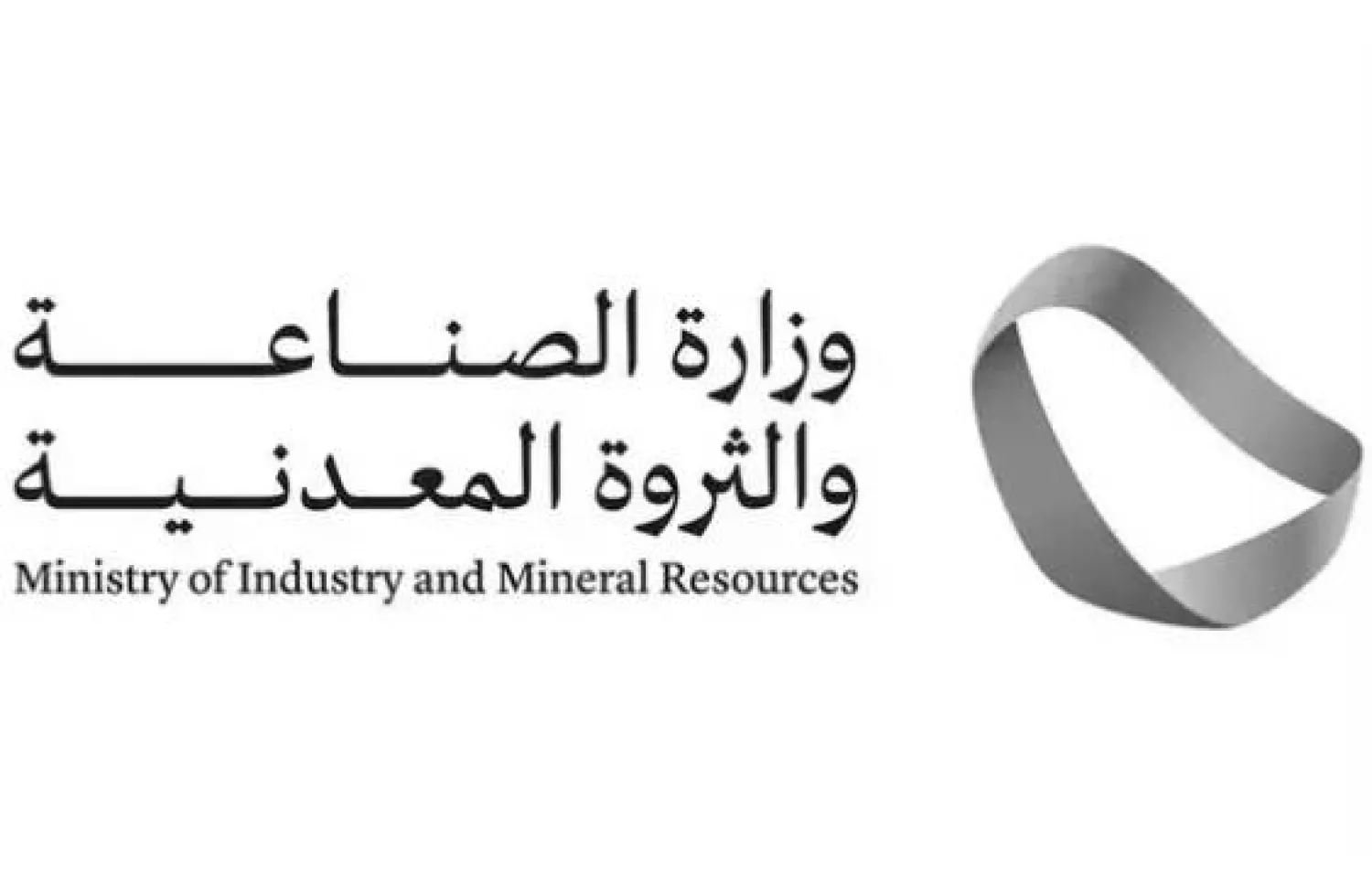The Saudi Ministry of Industry and Mineral Resources has launched the trial version of the smartphone application Senaei, a new digital platform designed to provide the ministry’s electronic services.
The app supports partners and industrial entrepreneurs in developing their facilities and products, as well as monitoring their industrial requests.
Senaei offers a streamlined experience for industrial investors, allowing them to join the industrial system, access electronic services and incentives, view facility details, track submitted requests, manage user accounts, and print industrial licenses. Users can also directly open tickets for inquiries or requests, receive notifications and alerts, and access awareness bulletins and incentives, saving them time and effort.
The ministry is actively pursuing several key benefits through digital transformation, including improved investor access to services, Fourth Industrial Revolution applications, and the automation of industrial facilities.
The initiatives aim to position the Kingdom as a global industrial leader by fostering innovation, leveraging advanced technologies, and building a competitive, sustainable industrial economy rooted in cutting-edge manufacturing.
The transformation will help attract high-quality investments in the industrial and mining sectors, further establishing Saudi Arabia as a hub for advanced industries.









